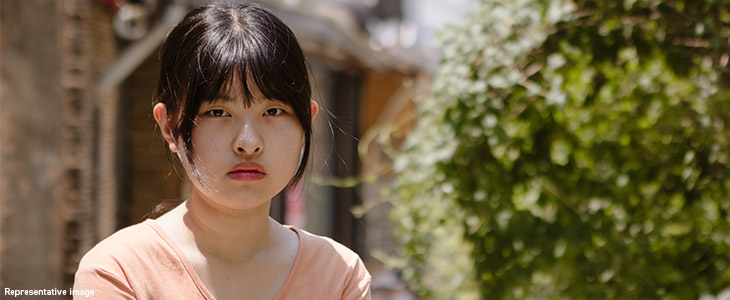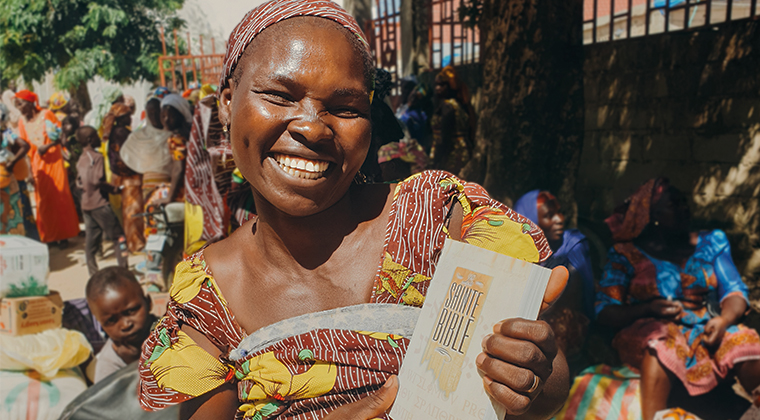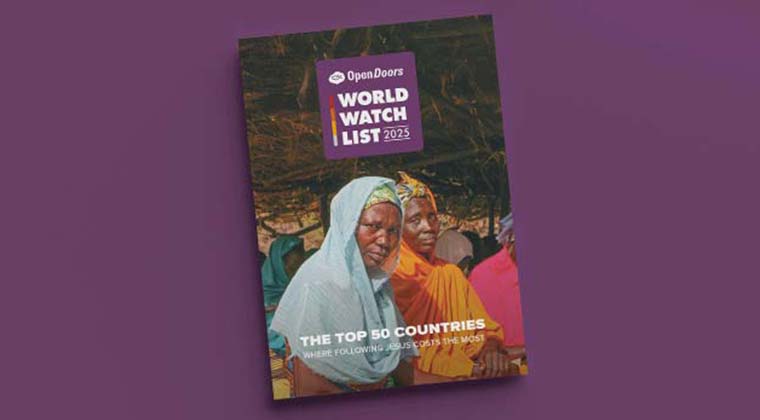How are Christians persecuted in North Korea?
- If your Christian faith is discovered in North Korea, you could be killed on the spot.
- If you aren’t killed, you will be sent to a horrendous labour camp and treated as a political criminal. You will be punished with years of hard labour that few survive.
- North Korean authorities are also likely to round up your extended family and punish them too, even if your family members aren’t Christians themselves.
- North Korean refugees in other countries, particularly China, are at risk of being rounded up and sent back to appalling punishments. If it is discovered that a North Korean has become a Christian, or even simply heard the gospel or came into contact with Christians, then they will be singled out for severe punishment.
- Any Christian connection in your family history means that party membership is withheld, and you are consigned to the worst jobs and lowest positions.
“I know the risks involved. If I am caught, I could end up in a labour camp, paying a heavy price for being a Christian now.”
Joo Min*
Why are Christians persecuted in North Korea?
- The Kims demand total worship of themselves, and there is no freedom of religion in North Korea. Recognising any deity outside of the Kim family is considered a threat to the country’s leadership. It’s impossible to gather for worship or prayer, and even secret worship and prayer is an enormous risk.
- Christians face monitoring by official spies, but can also be reported by neighbours or teachers.
- ‘Anti-reactionary thought laws’ were enacted in December 2020 and made even clearer that being a Christian or owning a Bible is a serious crime and will be severely punished.
Who is particularly vulnerable in North Korea?
- All Christians in North Korea are vulnerable to extreme persecution. For several years, the border region with China was considered a particular hotspot, given the constant stream of defectors, but recent moves to fortify the border have made it even harder to escape.
What has changed in North Korea in the past year?
- North Korea remains number one on the World Watch List – a position it has held almost every year since 2002. The persecution score has risen two places in the past year, as there have been more reports of violence against Christians.
- In early 2024, the government announced stricter regulations and increased crackdowns. It has been officially reported that North Korean authorities publicly executed about 30 young teenagers for watching a South Korean drama on a USB drive, and several 17-year-olds were sentenced to life imprisonment or death for similar reasons in June and July 2024.
- Several citizens were sentenced to labour camps for picking up plastic bottles filled with cooking rice, which had been thrown from bordering South Korea.
“There still is a large underground church. Because you pray, many people are miraculously healed, and they experience God’s power. They come to faith. The seed of the gospel never dries up.”
Jung Jik*
How can I help Christians in North Korea?
- Please keep praying for your brothers and sisters from North Korea. Your prayers make an enormous difference to those following Jesus no matter the cost.
Through secret networks outside the country, Open Doors secret workers are helping around 100,000 North Korean believers by providing vital food and aid, shelter and discipleship training for North Korean refugees at safe houses in China, and training through radio broadcasting from outside the country.
*Names changed. Joo Min’s story is taken from accounts of two North Korean believers. As the real people are currently living and ministering in North Korea, some details have been combined or omitted to protect their identities.
Father God, thank You for the courage of our persecuted church family in North Korea. Be their strength and provide for all their needs; help them to be generous and share what they have with those around them. We pray for Kim Jong-un and his regime – please open his eyes to see Jesus and know His love. May Your light shine and Your peace be felt wherever there are Christians in North Korea, especially in labour camps. Give strength to Open Doors partners serving North Korean believers. Amen.








